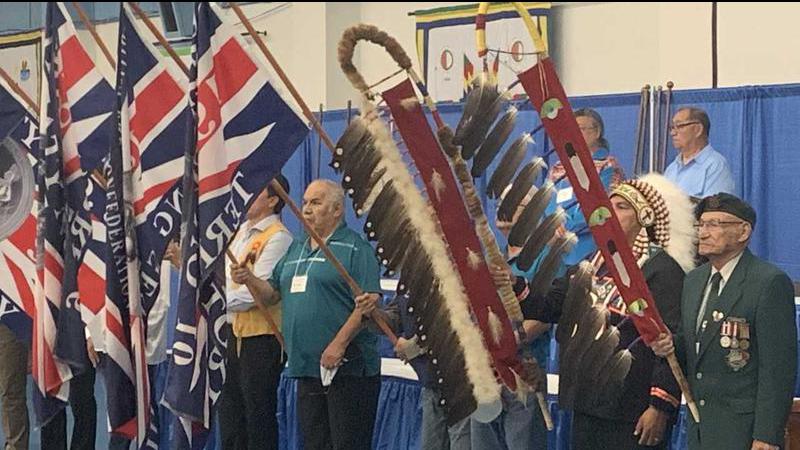
‘A better path forward’: What’s next for First Nations as the debate on the NRTA continues
The debates over the Natural Resources Transfer Agreements (NRTA) won’t go away anytime soon, according to a First Nations lawyer.
Last week saw the federal and provincial governments battle over comments made by the Federal Justice Minister over the NRTA.
David Lametti was asked by First Nations leaders whether he can rescind the agreements to which he answered he could look into the NRTA.
Provincial leaders in Saskatchewan, Alberta, and Manitoba have criticized the answer but Lametti and Prime Minister Justin Trudeau acknowledge that rescinding the NRTA was never in the cards.


